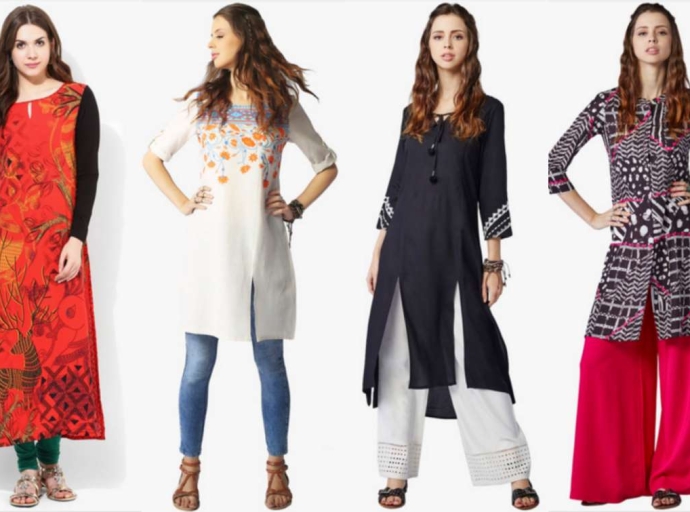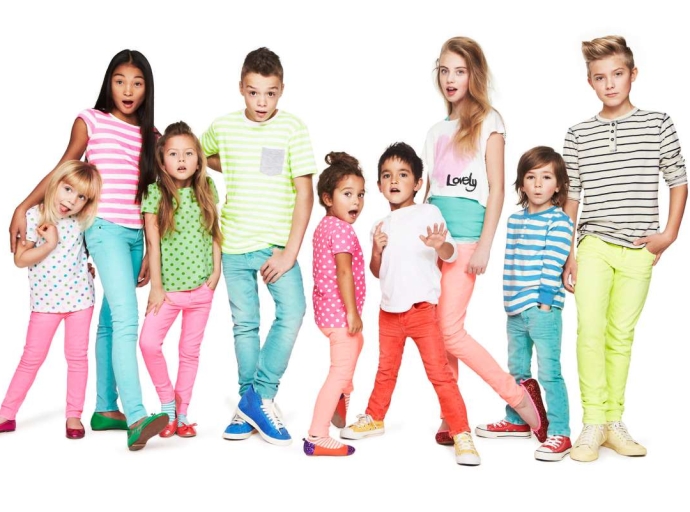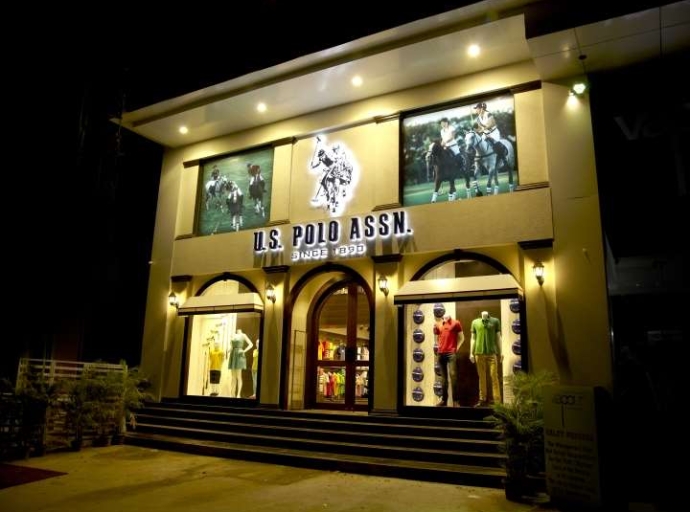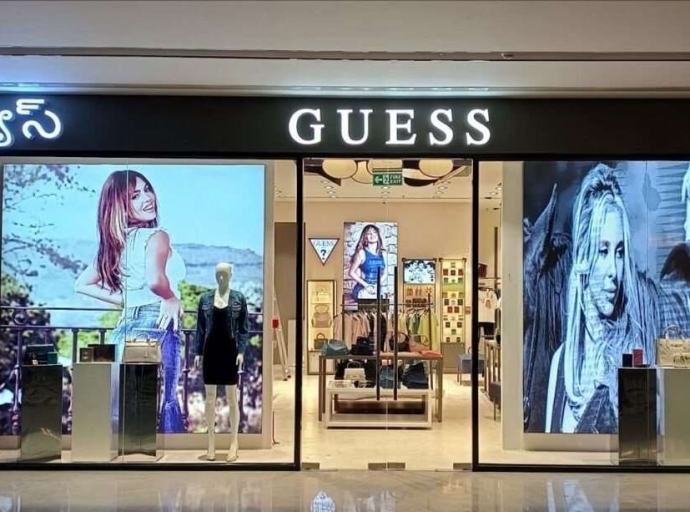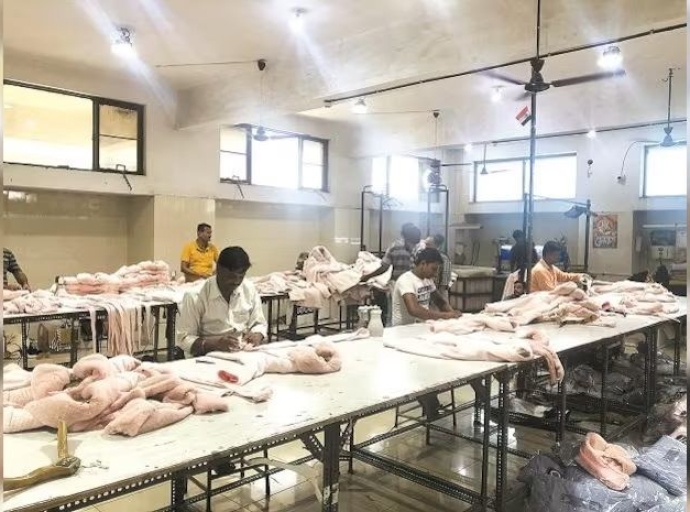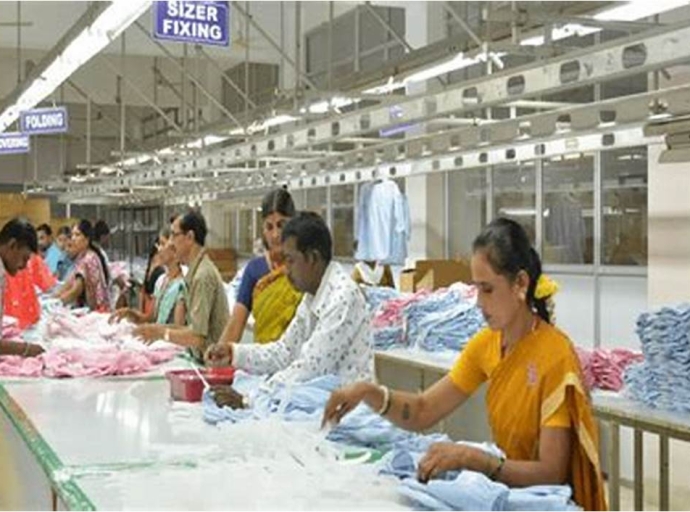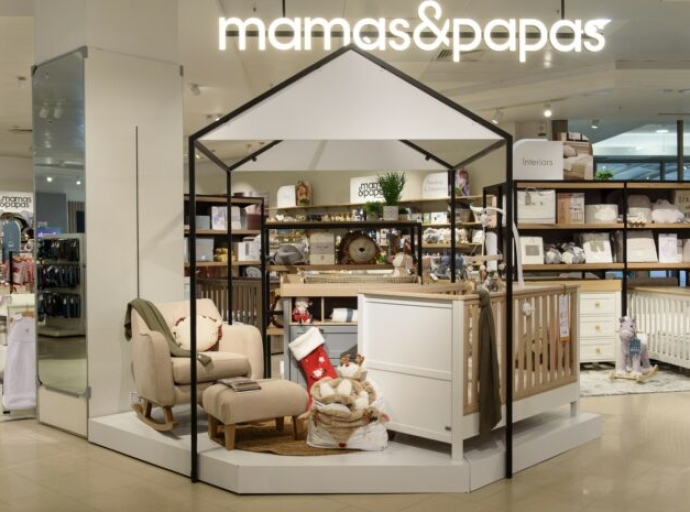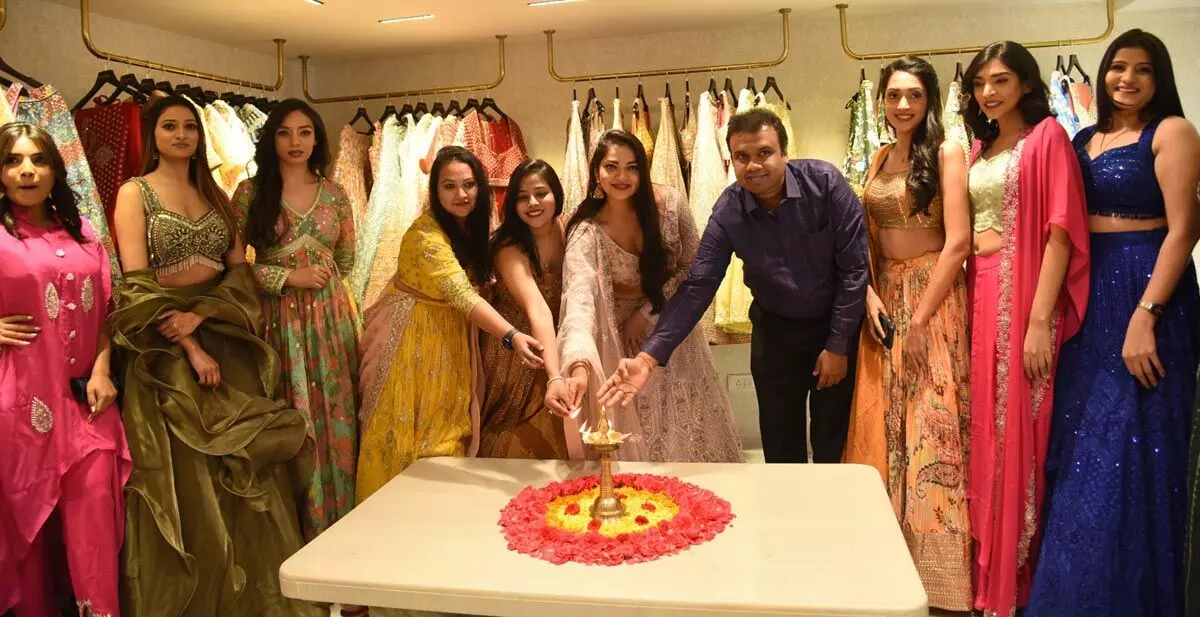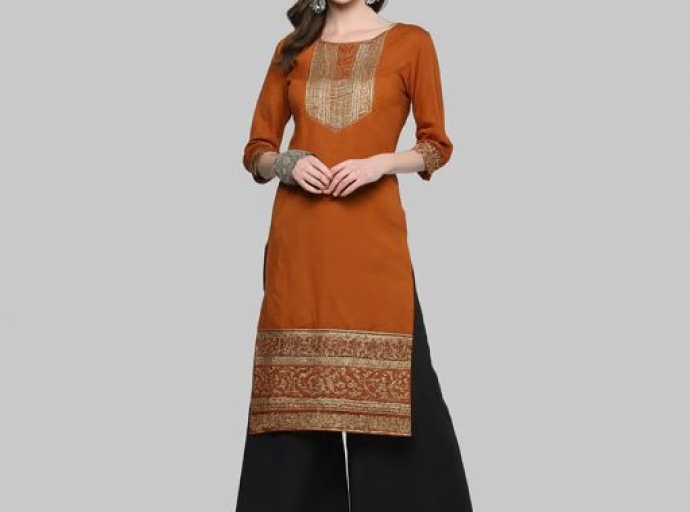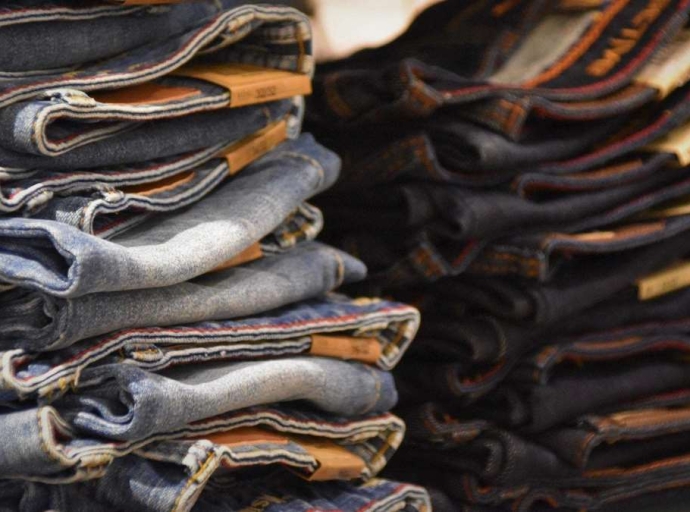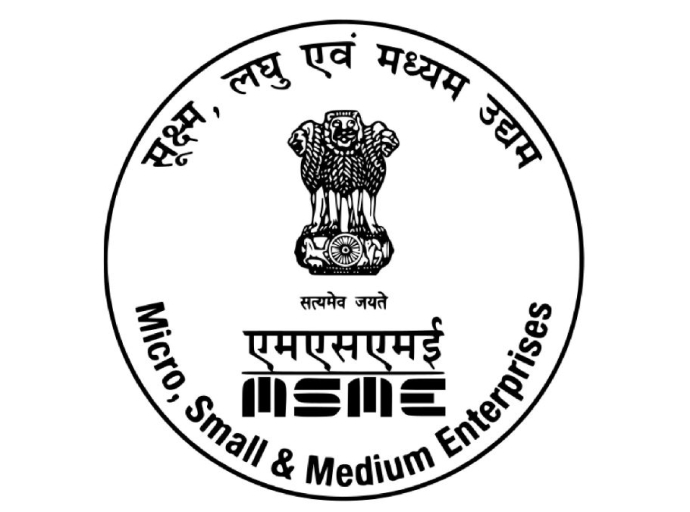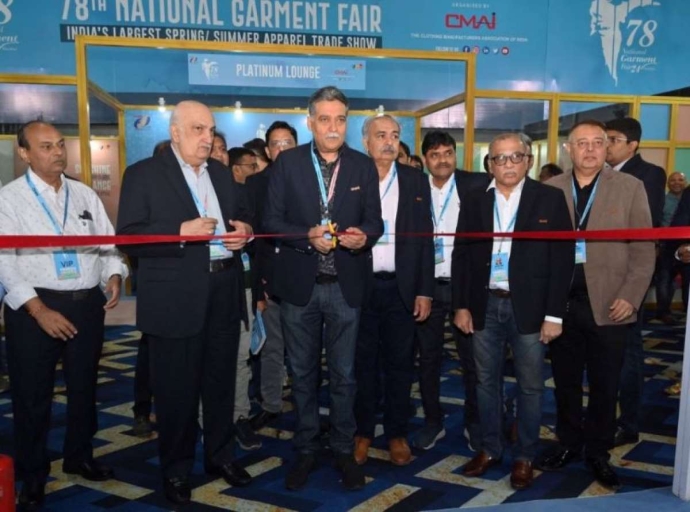20 February 2024, Mumbai
From vibrant colors and intricate designs to rich cultural heritage, desi (read Indian ethnic) clothes are captivating hearts and redefining fashion in the US.
This cultural phenomenon goes beyond mere trends; it's a revolution driven by a confluence of factors, including the growing diaspora, fusion styles, and a rising appreciation for sustainability and ethical practices. Encompassing clothing traditions from India, Pakistan, Bangladesh, and other South Asian countries, desi fashion is no longer confined to cultural celebrations and family gatherings. It's making its mark on the mainstream American fashion scene.
Nuanced data-points
As per market research firm Statista Indian ethnic wear market will reach $90.5 billion by 2025, indicating the growing demand for Indian ethnic fashion in the US.
Additionally, a recent survey by the Fashion Institute of Technology found that 60 percent of American women are interested in incorporating Indian elements into their wardrobes. Its rise in popularity can be attributed to several factors, including:
Growing influence of the diaspora
The increasing South Asian population in the US is bringing its unique style sensibilities along. This has led to a surge in demand for ethnic clothing, prompting the emergence of designers and brands catering to both the ethnic community and the wider American audience.
Designers like Anita Dongre and Naeem Khan are catering to both the Indian community and the wider American audience.
Fusion frenzy
The lines are blurring between East and West, with designers like Rahul Mishra and Sabyasachi Mukherjee blending traditional Indian elements like intricate embroidery and vibrant prints with contemporary Western silhouettes. This fusion led to stunning creations that resonate with a diverse range of fashion-conscious individuals. Designers are experimenting with exciting fusions, incorporating traditional Indian elements like embroidery and prints into contemporary Western silhouettes.
Global stage spotlight
Indian designers are showcasing their talent at international fashion weeks, garnering recognition and exposure. The New York Fashion Week and Paris Fashion Week is giving them global exposure and recognition. Collaborations like Tory Burch x Payal Khandwala further highlight the cross-cultural exchange and innovation happening in the fashion world.
Designer Masaba Gupta known for her quirky and playful designs, collaborated with American sportswear brand GAP, showcasing the potential of desi fashion to reach new audiences. The Labelhood, online platform promotes independent South Asian designers, offering a curated selection of unique and contemporary Desi clothing.
Sustainability & ethics
Conscious consumers appreciate the long-standing tradition of craftsmanship and handloom techniques in ethnic fashion. These sustainable and ethical practices resonate with those seeking eco-friendly and socially responsible clothing choices.
The growing awareness of ethical fashion practices has highlighted the rich heritage of Indian craftsmanship and handloom techniques. Brands like Ekaya and Fabindia promote sustainable practices and traditional textiles, appealing to conscious consumers seeking eco-friendly and ethical fashion choices.
The versatility factor
Indian ethnic clothes offer a vast array of options for various occasions, from elegant saris for weddings to casual kurtas for everyday wear. Their ability to cater to diverse body types and styles fosters inclusivity and self-expression.
Moreover, desi fashion isn't just about stunning visuals; it's about cultural identity and expression. It allows individuals to connect with their roots, celebrate their heritage, and feel confident in their own skin. This resonates with people from diverse backgrounds, making ethnic clothes truly inclusive and versatile.
Celebrity spotlight
Indian ethnic wear has also gotten a boost with movie stars like Deepika Padukone and Priyanka Chopra gracing red carpets in stunning desi attire, further fueling the trend and in aspiring fashion enthusiasts worldwide.
Indeed, the future of Indian ethnic fashion in the US is bright. With growing awareness, appreciation, and innovation, it's poised to become a mainstream phenomenon, influencing not just trends but also shaping the future of global fashion.

